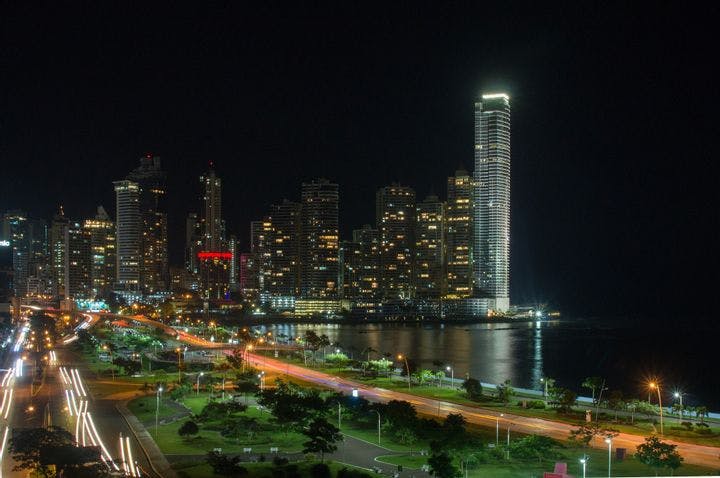Summer 2011
Latin America Rising
– The Wilson Quarterly
There's an old joke in Latin America: Why has there never been a coup in Washington? Because there's no U.S. embassy there.
Why has there never been a military coup in Washington?
Because there’s no U.S. embassy there.
So goes an old Latin American joke. But according to Russell Crandall, a professor of international politics at Davidson College, it’s a joke whose time has passed. U.S. influence in Latin America has been ebbing for the last decade, as Washington’s attention has turned toward the wars in Afghanistan and Iraq, and homegrown powers such as Brazil, Colombia, and Chile have become ascendant.
Latin America is flourishing. In recent years it has enjoyed unprecedented economic, political, and diplomatic success. Brazil stands out, with an economy that grew 7.5 percent last year, but the average for the region was an impressive 5.6 percent. More than 40 million Latin Americans escaped poverty between 2002 and 2008. Free elections and active civil societies are the new normal, and “armed revolution is now dead in the region that was once its cradle.” The recent global economic calamities were not enough to knock Latin America off its promising trajectory. Even most leftist governments, disposed to “fiscal profligacy,” reacted with prudent, market-friendly policies.
But present successes could breed fresh challenges, Crandall warns. New alliances and enmities may emerge that could threaten the balance of power.
Brazil is now the leader of the region, as demonstrated by its key role in creating the Union of South American Nations in 2008. But Colombian, Mexican, and Peruvian officials complain privately about Brazil’s “arrogant” diplomacy. One official said, “The new imperialists have arrived, and they speak Portuguese.”
Without the United States aggressively policing them, the region’s authoritarians—Venezuela’s Hugo Chávez, Cuba’s Fidel and Raul Castro, and Nicaragua’s Daniel Ortega—have sought to play a larger role in regional affairs. But they have been “the biggest losers” in Latin America’s realignment, Crandall says. “Nothing hurts [them] more than when other Latin American governments, especially leftist democratic ones, opt for and succeed with capitalist, democratic, or U.S.-friendly policies.”
The United States, long used to being Latin America’s “master,” must adapt to the new realities. So far, Crandall thinks President Barack Obama is on the right track. His administration’s emphasis on mutual respect and equal partnerships has pulled the rug out from under the anti-American authoritarians. A strategy of “patience and understated leadership” will allow the United States to quietly pursue its interests and will enable regional powers to cooperate without the appearance of subservience.
THE SOURCE: “The Post-American Hemisphere” by Russell Crandall, in Foreign Affairs, May–June 2011.
Photo courtesy of Flickr/Javier Castañón
